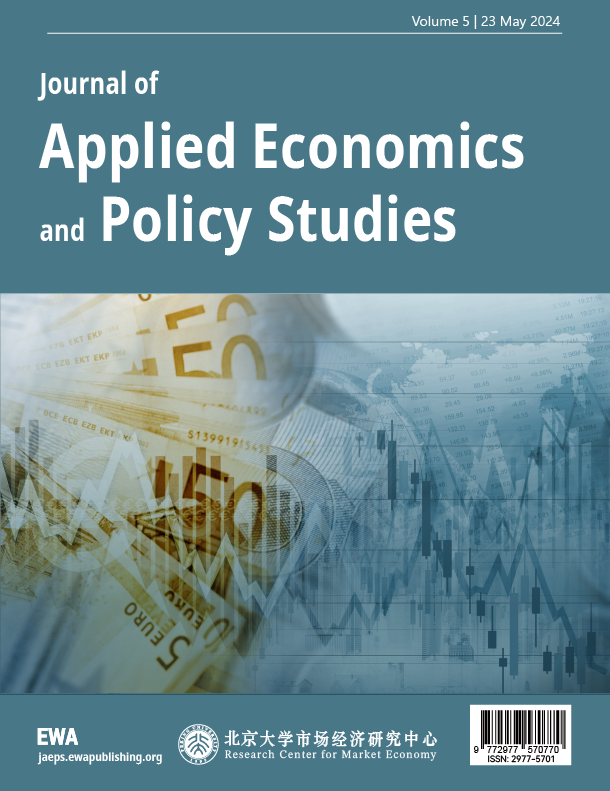References
[1]. Cai, F. (2021). Demographic transition, demographic dividend, and the sustainability of China's economic growth: On how full employment promotes economic growth.Economic Research Journal, (10), 4-20.
[2]. Yang, J. H. (2023). Changes in young people's fertility concepts and the construction of a childbirth-friendly social culture.People's Tribune·Theoretical Front, (16), 42-49.
[3]. Zheng, Z. Z. (2022). Shifts in perspectives and theoretical exploration in fertility research.Social Sciences in China, (5), 125-144.
[4]. Wang, G. Z., & Zhang, L. P. (2022). A study on the gap between fertility intentions and behavior under the universal two-child policy.Population Research, 46(3), 1-18.
[5]. Becker, G. S. (1960). An economic analysis of fertility. In Demographic and Economic Change in Developed Countries (pp. 209-240).
[6]. Zheng, G. C. (2021). Historical changes and reform directions of China's retirement system.Chinese Journal of Population Science, (02), 2-15.
[7]. Li, J. X., & Chen, W. (2022). Conceptual reconstruction and measurement dimensions of fertility intentions.Population Research, (03), 3-18.
[8]. Zhao, Z., & Chen, Y. Y. (n.d.). Research on the impact mechanism of fertility costs on Chinese households' fertility intentions. Economic Research Journal.
[9]. Wang, G. Z., & Zhang, L. P. (2023). Research on the impact of intergenerational care on fertility intentions.Population and Development, (04), 56-68.
[10]. Lu, J. H., & Tang, C. (2024). The impact of delayed first marriage age on China's fertility level.Population Journal, (02), 3-16.
[11]. Sun, S. D., & Gao, W. S. (2025). Delayed retirement, fertility support policies, and population birth rate.Population and Economy, (2), 16-30.
[12]. Zhang, C. C., & Chen, B. K. (2022). Elderly security and fertility intentions: Empirical evidence from China.The Quarterly Journal of Economics, (03), 893-912.
[13]. Zhao, Z., & Li, X. Z. (2024). Research on the impact mechanism of pension replacement rate on fertility motivation.Management World, (01), 123-136.
[14]. Wang, Y. S., & Zhang, X. M. (2021). Research on the impact of intergenerational care on urban households' fertility intentions—Based on data from the China General Social Survey (CGSS).Population Research, 45(3), 53-67.
[15]. Lu, Y., & Cai, F. (2022). The impact of delayed retirement on youth employment: From the perspective of intergenerational labor substitution.Economic Research Journal, 57(5), 132-147. .
[16]. Zhang, M., & Li, J. (2023). Research on the impact and mechanism of inclusive childcare services on household fertility intentions.Population Research, 47(2), 56-70.
[17]. Wang, Y. (2022). Research on the interaction between women's employment rights protection and fertility intentions.Collection of Women's Studies, (5), 32-45.
[18]. Chen, W., & Zhang, L. L. (2023). Reference of Nordic Fertility Support Policies and China's Path Selection.International Population Research, 7(2), 1-15. DOI: 10.12345/GJRKYYJ.2023.02.001.
[19]. Liu, M., & Tanaka, M. (2024). Enlightenment of Japan's Corporate Childcare Support System to China—Based on a Survey of Enterprises in the Yangtze River Delta.Modern Japanese Economy, (2), 56-68.



